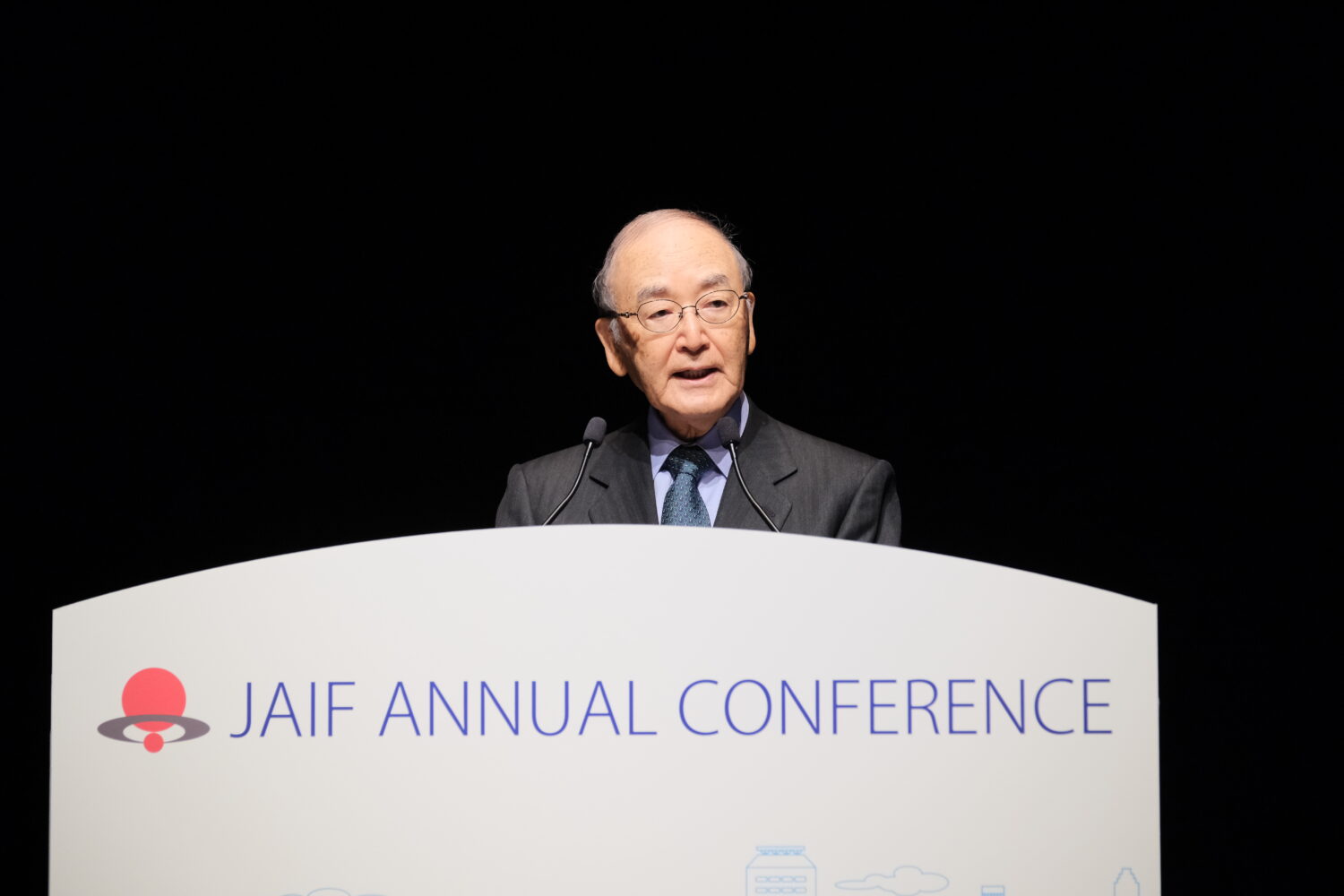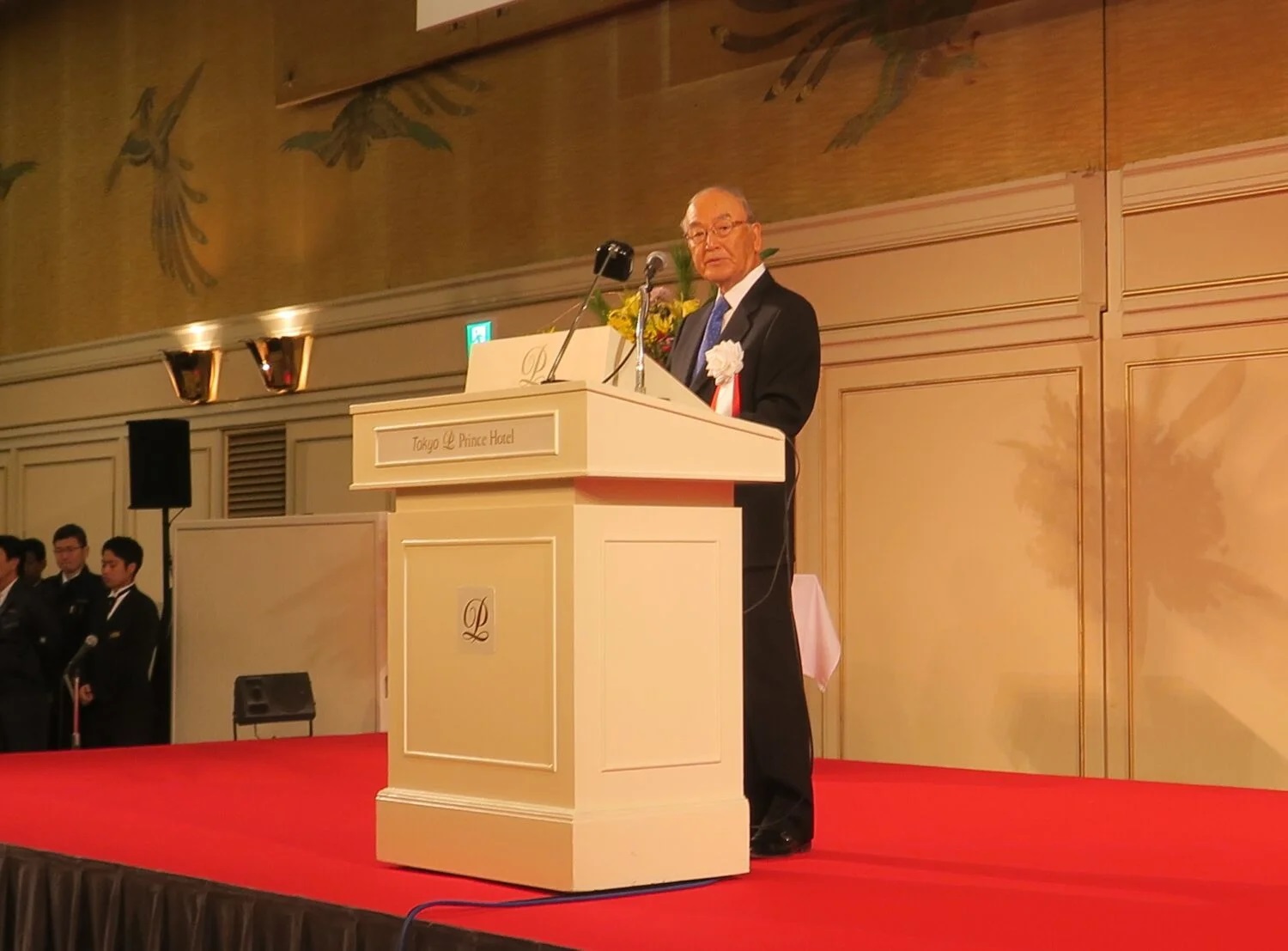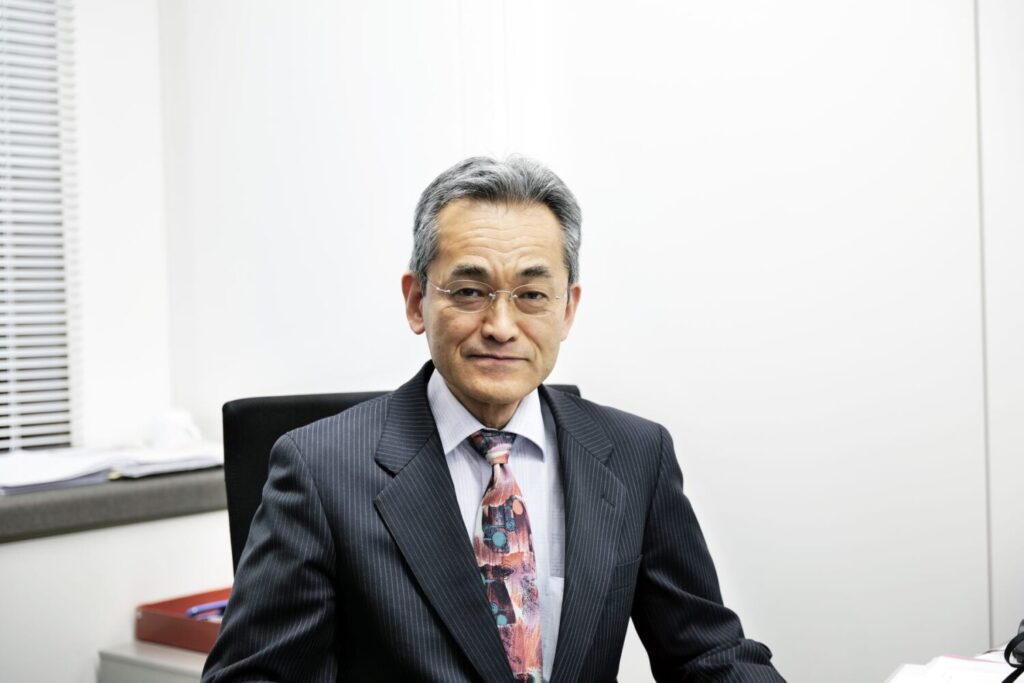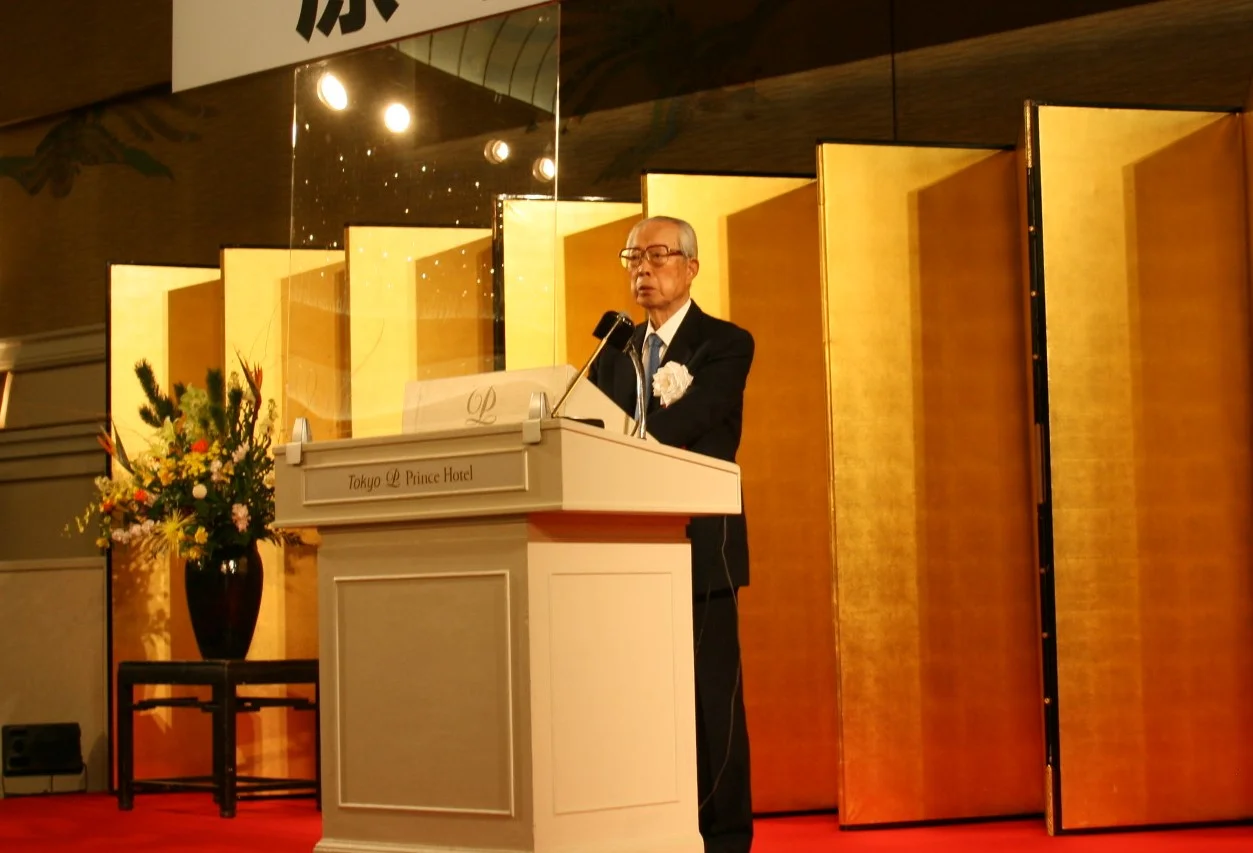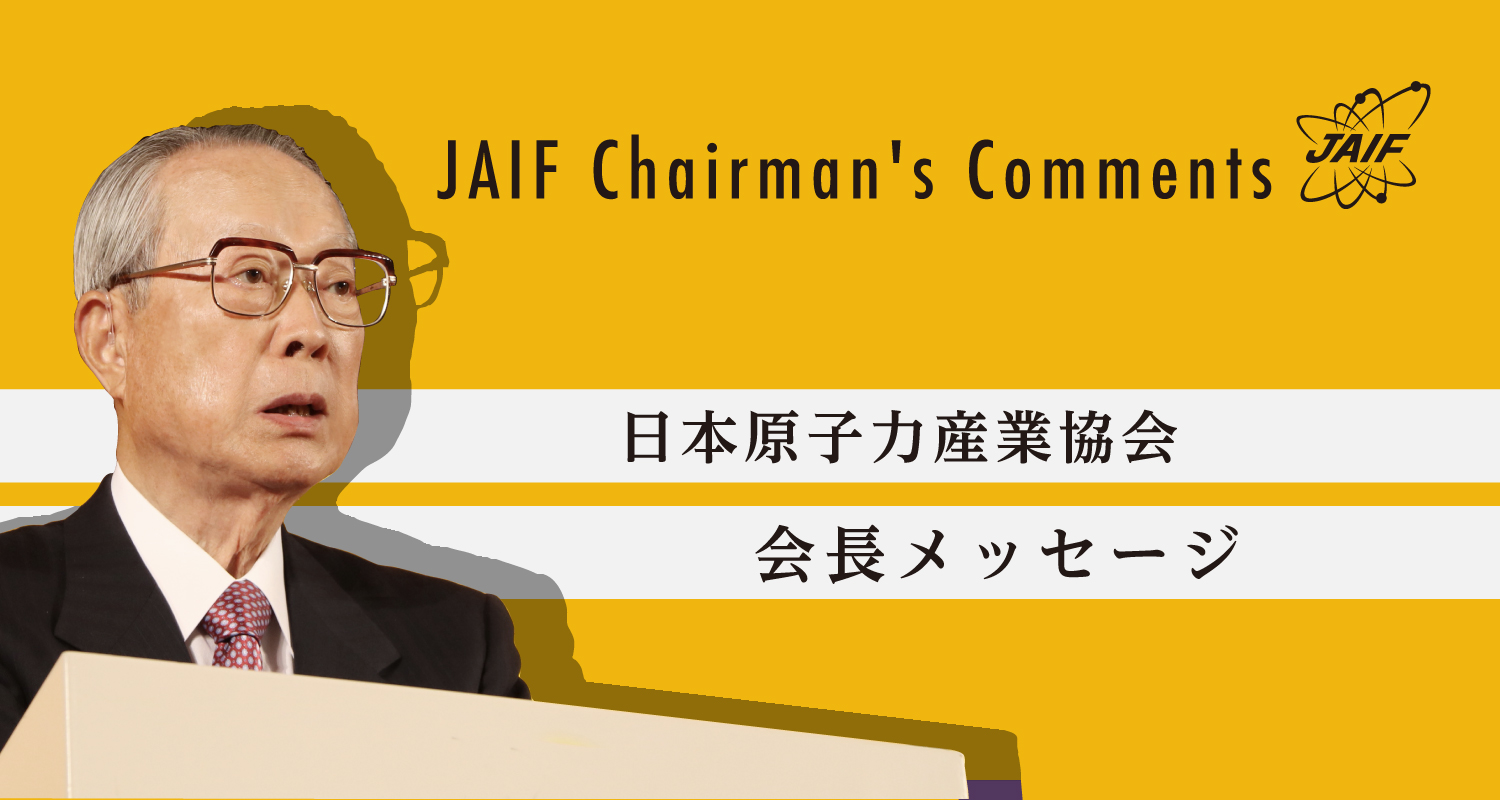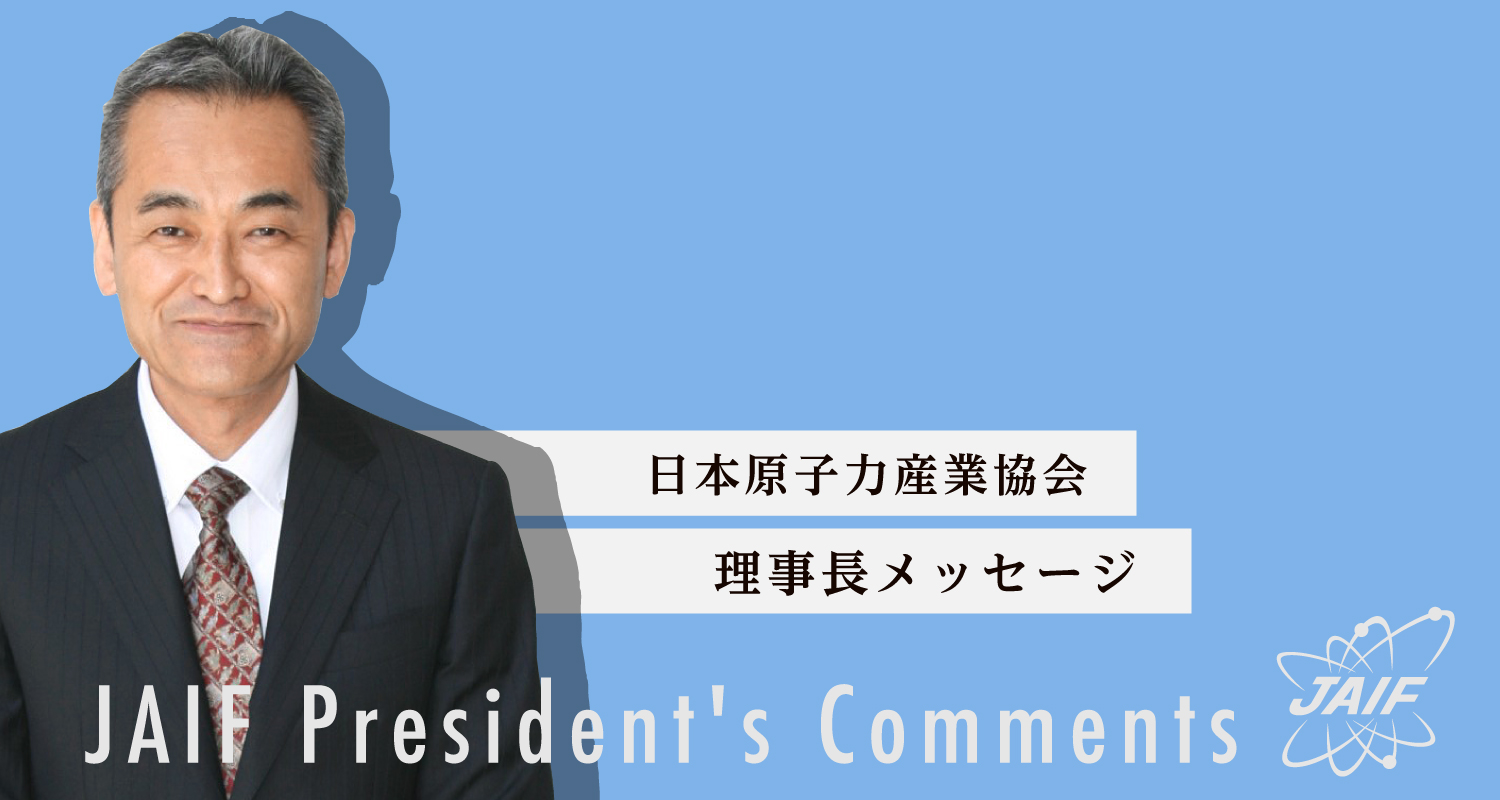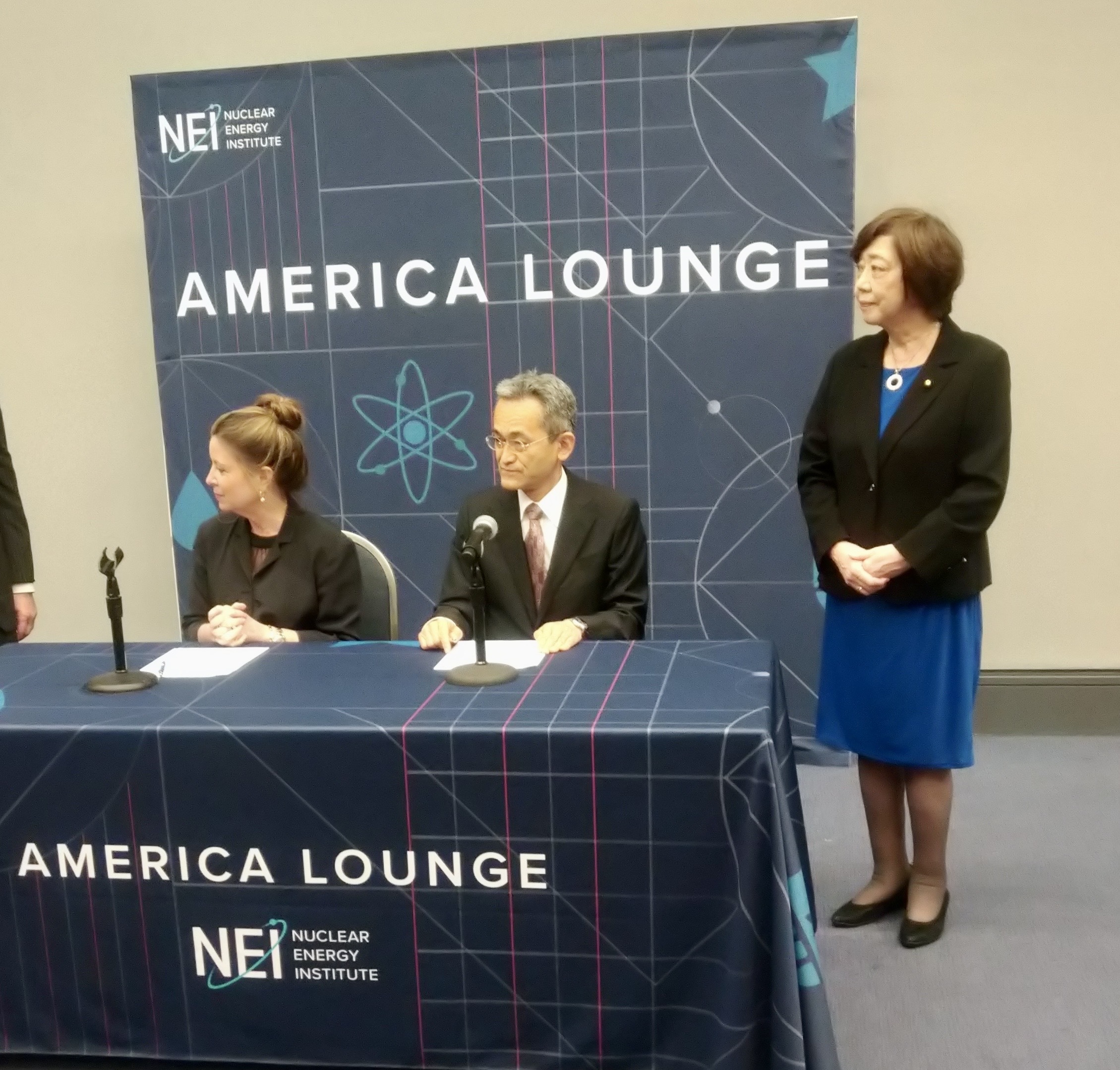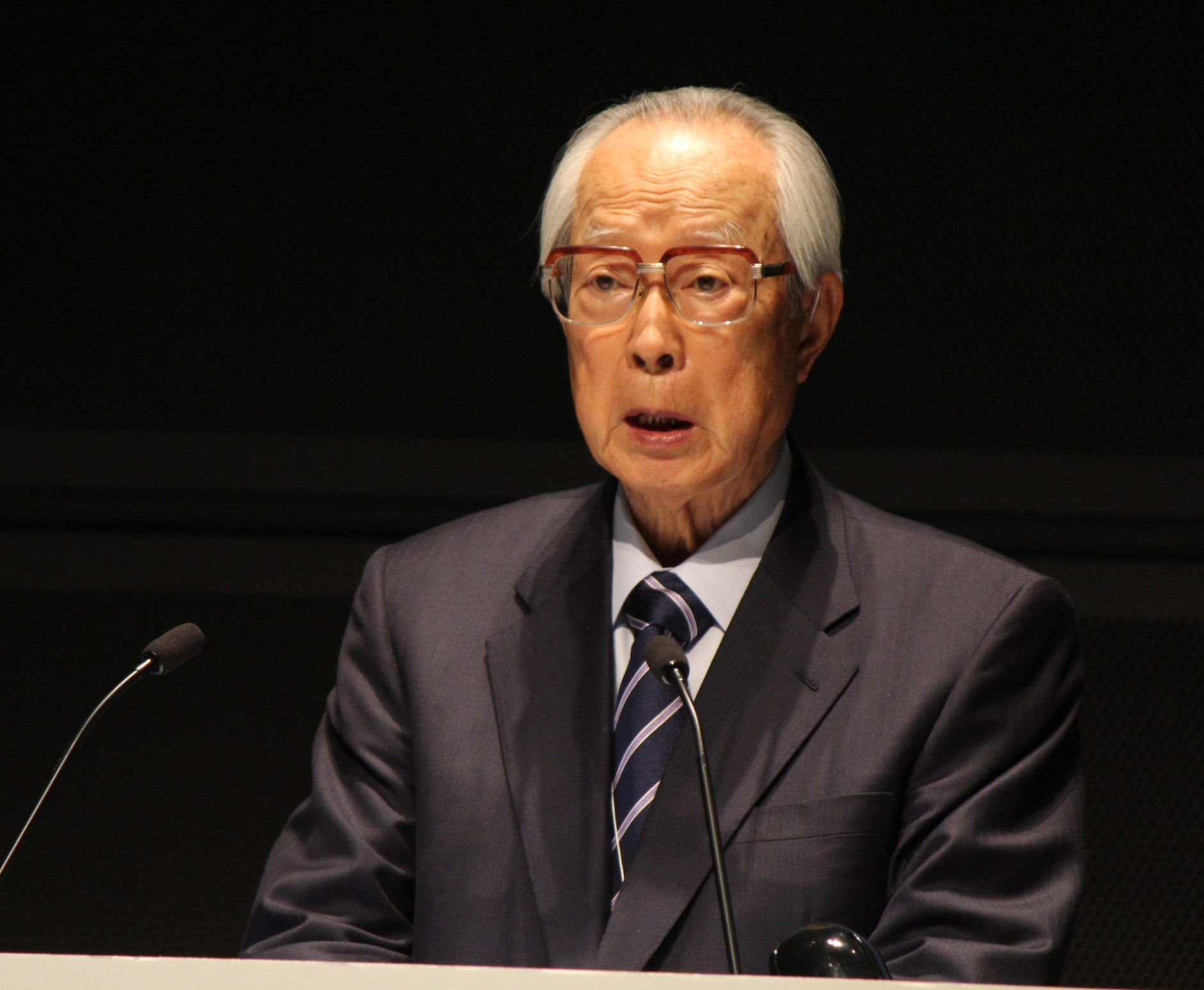Desperate to Record
I don’t think that I’m the only one who thinks that way. Those who went to the area immediately after the earthquake have continually said afterwards that the hardships experienced should be recorded and not forgotten. Medical workers in particular—who have dealt with complicated issues in Fukushima—tend to think similarly.
On January 13, a search in “PubMed,” a retrieval site for medical magazine, found some 1,249 papers including the phrase “Fukushima nuclear accident” in the title or abstract. That was just in English. Adding the medical papers written in Japanese, or those that were simply not referred to, would surely cause that number to swell. Those papers are valuable disaster memories that will remain after we are gone.
Why Medical Papers Cause Distrust
Yet, as soon as records of those valuable memories are referred to as “medical papers,” some people frown, saying, “They are just seeking fame, using patients as guinea pigs.” Countless times have I seen people who have written papers while working in disaster areas being criticized for them in that way.
Why are medical papers on disasters condemned so readily? There seems to be a deep-rooted prejudice against medical workers and medical information.
(1) Confusing Intervention Studies with Observational Studies
One of the reasons is the way in which some people mix up so-called intervention studies—including clinical trials that directly affect patients—with observational studies, in which only data on patients is gathered. At a disaster scene, no testing of new medicines or technologies is conducted; that is, no intervention testing is taking place. Papers written there are mostly observational studies, produced from records on daily medical activities. In other words, no patients are physically affected by the actions of the study.
(2) Prejudice against Papers and Careers
Another reason is the feeling of some patients that doctors working on papers came to the affected area precisely for that purpose: namely, to write a paper. At least quite a few of them believe that. They think that such doctors should concentrate on support, and not on such “needless things” as writing medical papers. From a patient’s point of view, that kind of thinking is probably even natural.
Actually, however, few papers produced from Fukushima could be considered impact factors in terms of career advancement. That is partly because they are regarded as records of special situations, and not as science per se. If a doctor really wanted to write a paper to advance his or her career, a far easier and better way would be to write about lab experiments or clinical testing, rather than going to a disaster area.
It is true, on the other hand, that many disaster-related papers that have been published have had a high degree of societal importance; that is, they have been helpful in understanding what disasters might occur in the future elsewhere around the world. In particular, papers written in Fukushima constitute important historical materials through which unprejudiced views on Fukushima can be disseminated globally.
(3) Confusing Patients for Guinea Pigs
Another mistaken belief is that the doctors who intend to write papers see their patients only as “data,” and, in the consulting room, as “guinea pigs.”
That is tantamount to accusing a farmer who records information on soil composition, weather conditions, and so on, of “not concentrating on the crop.” Medical papers never detract from daily medical treatment activities. A commitment to helping the patient directly and a desire to convey the lessons and experience to others are entirely consistent.
Do medical personnel going into an affected area for the purpose of study ever lower their level of medical care? Actually, in affected areas overseas, in the past, there have been instances of organizations entering such areas for the sake of their reputation, or for tax avoidance, and only provided low-quality medical services, and/or tested new medicines and methods. Medical workers who came to help at the time of the March 2011 earthquake, however, all had Japanese medical licenses and observed Japanese laws. Most of them belonged to regional medical facilities, providing medical care in accordance with the standards of those facilities. The affected areas where such medical workers served were never lawless zones.
It can be declared unequivocally that whether or not doctors write papers has nothing to do with their humanity or the quality of the medical care they provide.
(4) Misunderstanding the Nature of Ethical Reviews
Insofar as the previous item is concerned, anyone with knowledge of that probably knows that medical studies require prior review and approval by an ethics committee at the medical facility concerned. That applies both to intervention studies and observational studies. But even knowing that, some people think that the need for an ethical review to take place means that the studies inherently present ethical problems.
The reason why observational studies require ethical reviews, instead, is primarily that they deal with personal information. That is rather a matter of information security, and must be understood to be completely distinct from the matters of ethics in human rights seen in other medical studies. While the review looks at the possibility of whether an observation will be based on a discriminatory viewpoint, there are not so many studies that are problematic in that respect.
The Value of Sharing Information
Prejudice against medical papers, as I have discussed above, may also be due in part to the fact that the value of sharing information on emergencies with the world has not been properly recognized. Without appreciating the importance of sharing information on an affected area, the motivation of those writing the papers cannot be properly understood. That leads some people to think that doctors and scientists do them just for the sake of their reputations and the like.
Why is it important to record a disaster, then? Various reasons could be cited, of course, but I think that two things are most significant: creating a legacy for the future and developing tools to fight against discrimination.
(1) Legacy for the Future
Sharing the wisdom that has been acquired in an affected area plays a role in reducing unexpected factors when future incidents occur. In Japan’s giant earthquake of 2011, particularly in regard to the tsunami and the accidents at the nuclear power plants (NPPs), there were a series of developments that went beyond expectations. Later, however, it was found that many of the occurrences thought to be “unexpected” were actually quite similar to things that had already happened elsewhere in the world.
Some people felt, “If we only had had that information, we might not have wasted so much time.” Many of those who tried to record what was happening seem to have had such a regret, as well as a sense of mission for the future. There must have been a similar motivation among those who built stone monuments to mark the tsunami and engaged in other types of documentation. In the past, when recording means were limited, people tried hard to preserve the facts as they knew them—that is, their wisdom—by means of monuments, personal journals, and the like. Today, we enjoy diverse means of information transmission, by which records can likely remain accessible into the future or be shared with the world. Academic papers—one type—are just that!
(2) Preventing Discrimination in the Future
The issues of bullying and discrimination that had arisen over the last few years against the people who evacuated from Fukushima seem to have been somewhat settled. The fundamental problem has not, however, been solved, and may be reignited at any time. In order to reduce the anxieties next time, though, of people thinking of marriage or of having children, it will be important that the victims have proper means to combat discrimination, including accumulated data on exposure dose and radiation air dose.
Pride in Creating Data
Now that eight years have passed since the disaster of 2011, with the residents increasingly coming to feel a sense of ease, I notice that criticism against medical papers, voiced at the beginning, is resurfacing. The residents may have felt unpleasant that the records made of their cases are now considered to be medical or scientific data. Some of the data were collected without thorough explanation in confused circumstances after the disaster, it is true, and scientists must reflect on that situation.
Nevertheless, collected records on individuals will remain at the affected areas in a different form: that is, as the memories and wisdom of the “organization” that we know of as society. That is very important. I hope that the residents will be proud of how valuable such individual information will represent to the world in the future.
There is another deeply rooted problem with studies using medical information, however, which involves the responsibility of scientists for their results and interpretations when personal information is used as statistical data.
Patient’s Consent
When data on patients are used to write papers, for example, it is necessary to obtain their consent. There are two ways to do so: explaining to each patient and ask for his or her consent, or leaving posts in fliers or on websites asking any patient not wishing his or her data to be used to declare his or her wishes. The method used depends on the kind of information being treated. No matter how it is done, though, the patients are regarded as having “consented.”
Their consent, then, is to “use” the data. It must be noted that the patient cannot decide beforehand what the interpretation of the data will be. For example, those who provide data cannot know in advance whether a paper created based on their data will conclude that the number of cancer patients increased in Fukushima or did not.
Inconceivability of Results
That is obvious in the nature of scientific papers. Given that assumptions should be eliminated as much as possible from data gathered for statistical purposes, the assumptions arbitrarily imposed by data providers must be eliminated as well. Nevertheless, people do not necessarily feel good when studies using their medical information reach different conclusions from what they might have intended or preferred.
For instance, I once wrote a paper to the effect that the level of staffing in the Soso District of Fukushima had drastically declined immediately after the earthquake and that it had not recovered eighteen months later. In addition to those data, I appended my discussion of whether any measures existed to counter the shortage of medical staff in the district. Yet, some people could have condemned me for saying that the staff had “just fled,” or might have pointed out that they were afraid that people might draw a mistaken conclusion from my study that the quality of medical care in the district had fallen.
Fortunately, no one criticized me in that way. Still, the criticisms lodged against certain papers written about Fukushima have been of that very sort. In other words, it can happen that the fairer a writer wants a paper to be, the less it meets the expectations or satisfies the intentions of the people in the area who provided the basis for its data.
Such issues are apt to occur in epidemiological studies. For example, in the past, a paper was published which concluded that combining three kinds of vaccines increased the risk of autism. I am afraid that that result was not what either the children participating in the research or their parents had expected. Given the drop in the vaccination rate thereafter and other societal reactions, some of those participating in the study may now think that they should never have consented in the first place.
I wrote that while patients are not physically affected by observational studies, their indirect mental and societal effects cannot be dismissed. That may be something that has not been sufficiently explained to patients in observational studies.
Arbitrary Assumptions and the Question of Consideration
As for the results produced on the basis of the data that they collect, authors of studies try to eliminate their assumptions as much as possible. Even so, the papers may be criticized for being “arbitrary,” which is partially attributable to the question of consideration.
Papers do not only include test results, but also their authors’ discussion of them. When no statistically significant difference is found in numerical values, the impressions that readers get are influenced by whether the writer states simply that “there was no difference” or more conditionally that “a statistically significant difference has not been found despite a difference in the mean value.” In that respect, scientific papers share the quality of being journals with newspapers and magazines.
Because papers are partly accepted or rejected for publication depending on how the authors present their discussions, it is quite important how each author presents his or her position. When publishing their papers, authors need to carry out high-impact discussions, while also being attuned to the effects on society. Although most scholars write papers with maximum consideration, it is very difficult to be considerate to everybody.
A World Where Personal Information Can Save Society
I personally look forward to a world one day where all of us can provide information in emergencies and make use of it notwithstanding other difficulties, as I have mentioned. I think that is because, as I wrote, it is important in terms of leaving a legacy and fighting against future discrimination.
With today’s advanced information technology, information is constantly being created as we live. It is no exaggeration to say that everything we do is information-intensive: from social media to data retrieval from the internet, and from credit card use to medical and health information.
Not long ago, one’s medical data from consultations with a doctor or from a health screening were primarily beneficial only to oneself. Now, one person’s records can help many other patients. Medical care providers do not want to explain that, however, because, due to the prejudice described above, the more they talk about such things, the more they are considered as “viewing their patients as data,” leading to their fear of a breakdown in the relationship of trust that they have established with their patients.
Medical studies and data, which people in affected areas frown at, are also the memories of society—that is, they constitute records of the damage and the ongoing reconstruction process. As such, they can potentially serve as textbooks for people in the future, from which lessons could be learned. In that respect, eliminating unfounded fears about medical papers would, I think, be of help in reconstruction and growth.
To that end, it is important that those who conduct the studies remain appreciative of those who provide the data, while remaining aware that the data exist to be “returned,” so to speak, to society. In order to create a society in which people in affected areas do not end up thinking of themselves as “guinea pigs,” but are proud of building a legacy for the future, scientists need to be more reflective. In that respect, I believe that there is still much work for them to do.
Ochi, who holds M.D., M.P.H., and Ph.D. degrees, is lecturer in the Department of Laboratory Medicine at the Jikei University School of Medicine in Tokyo.


